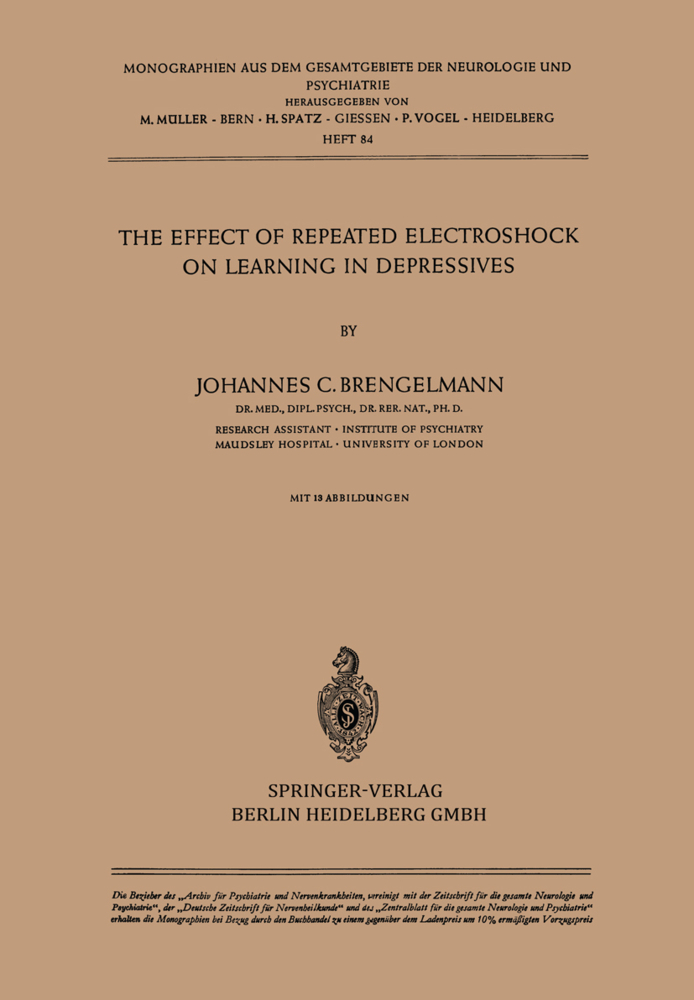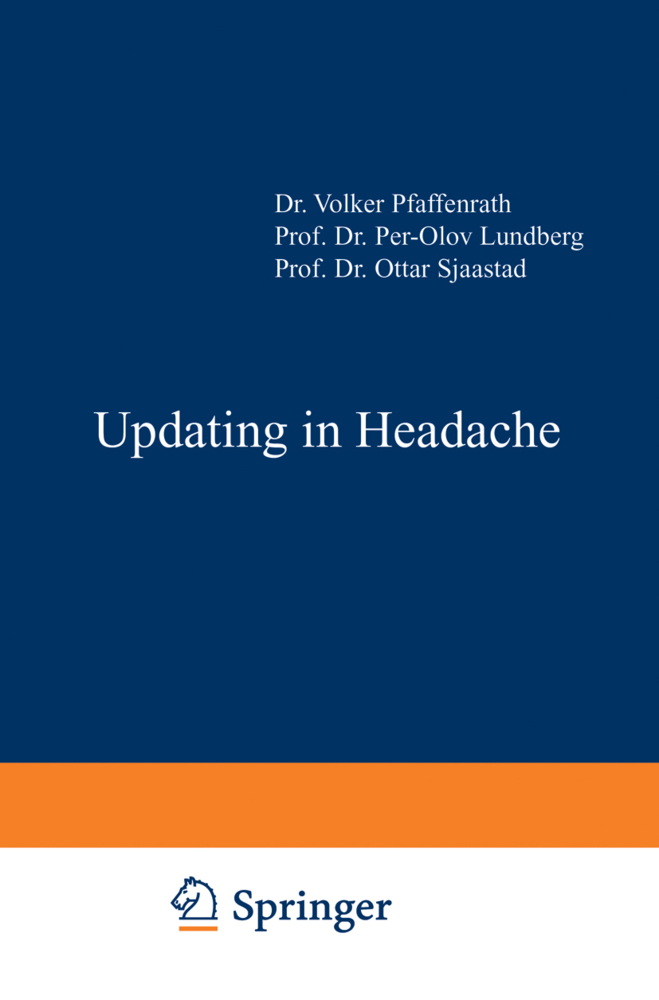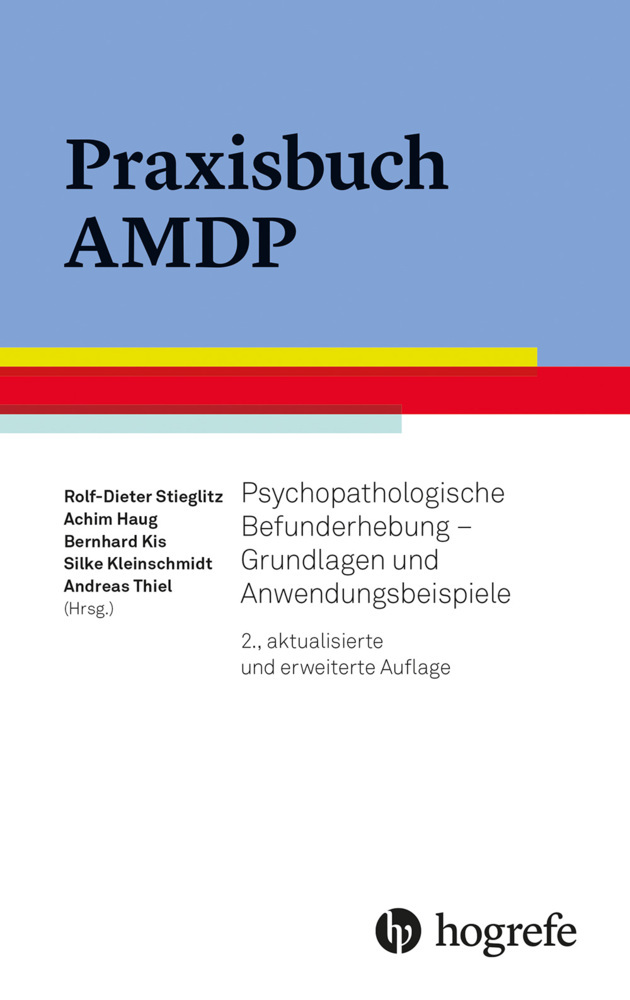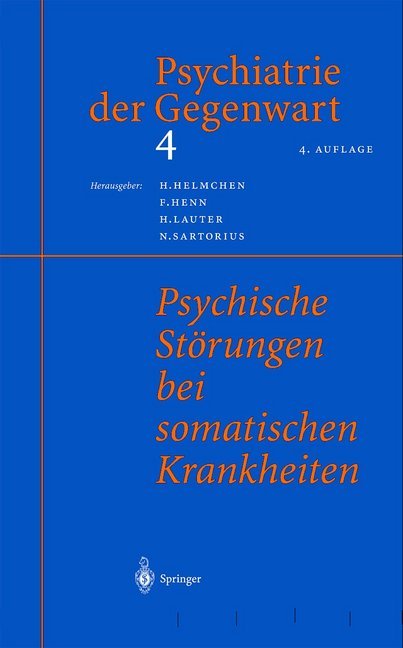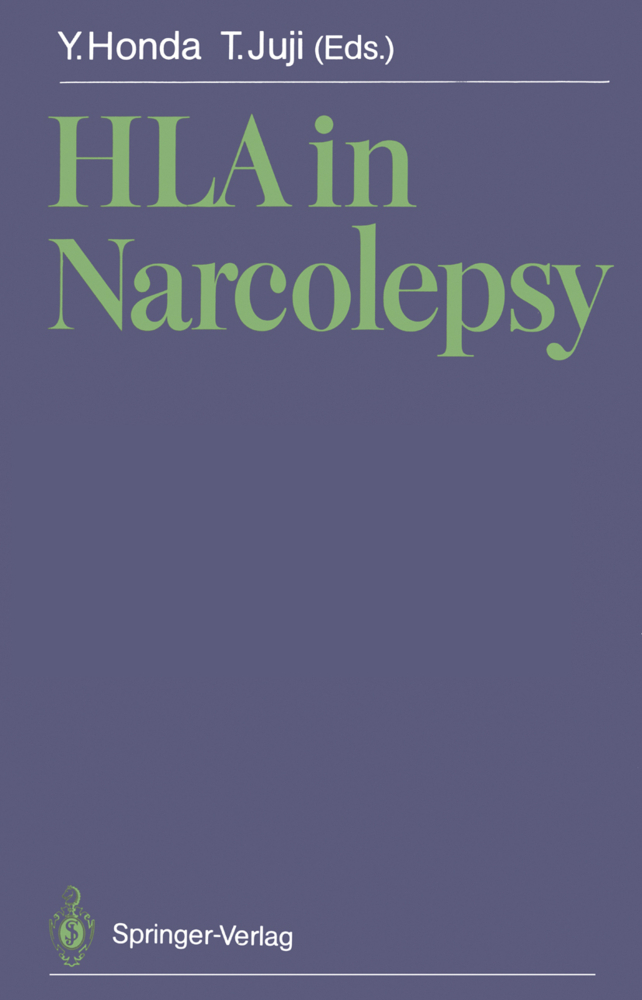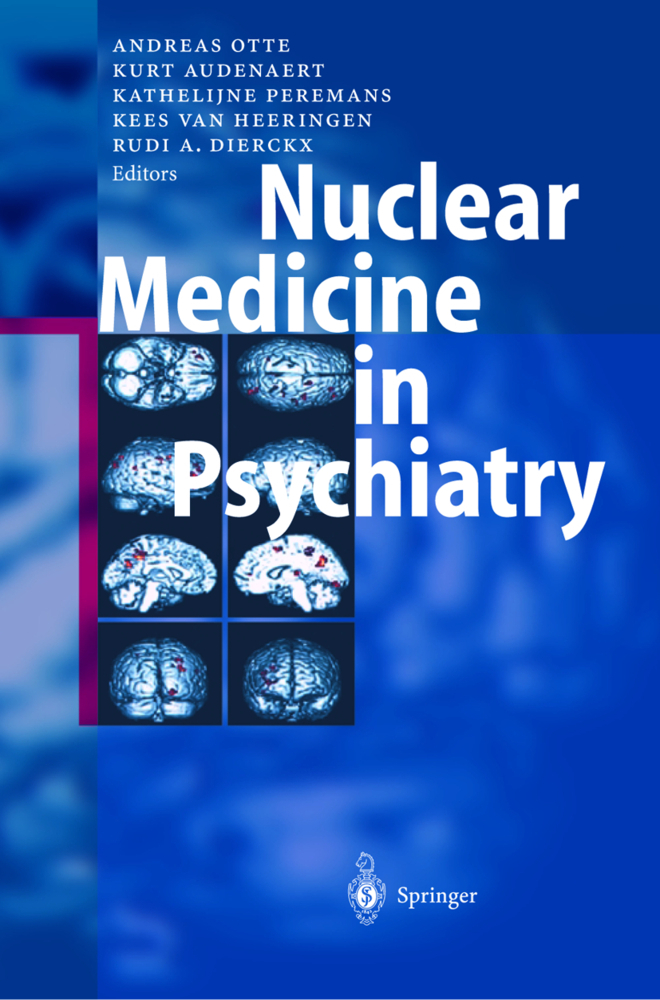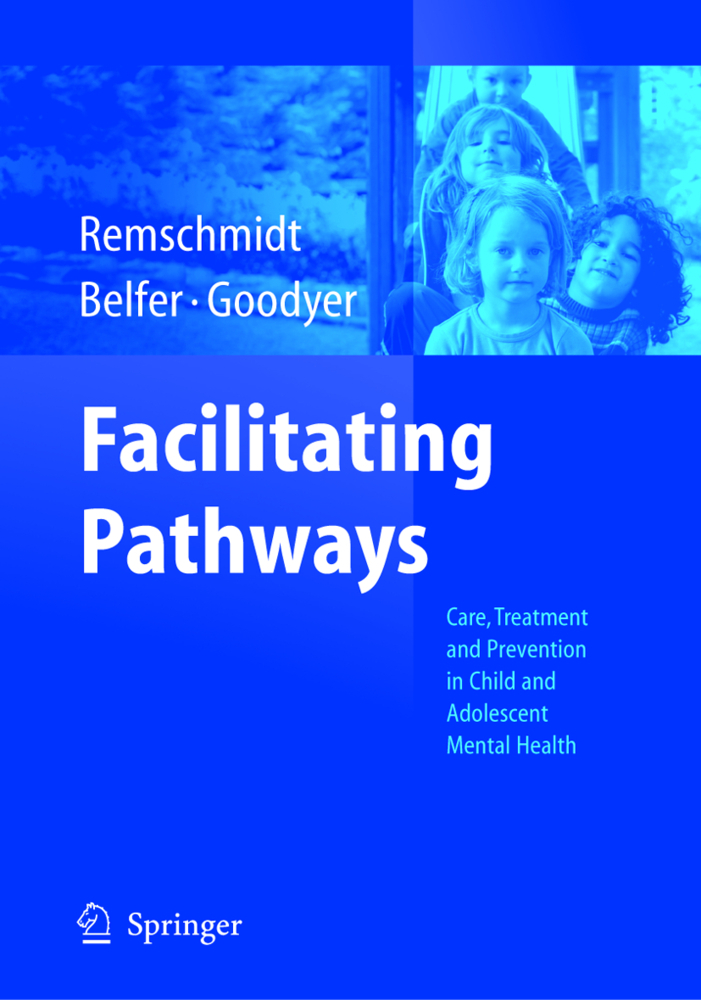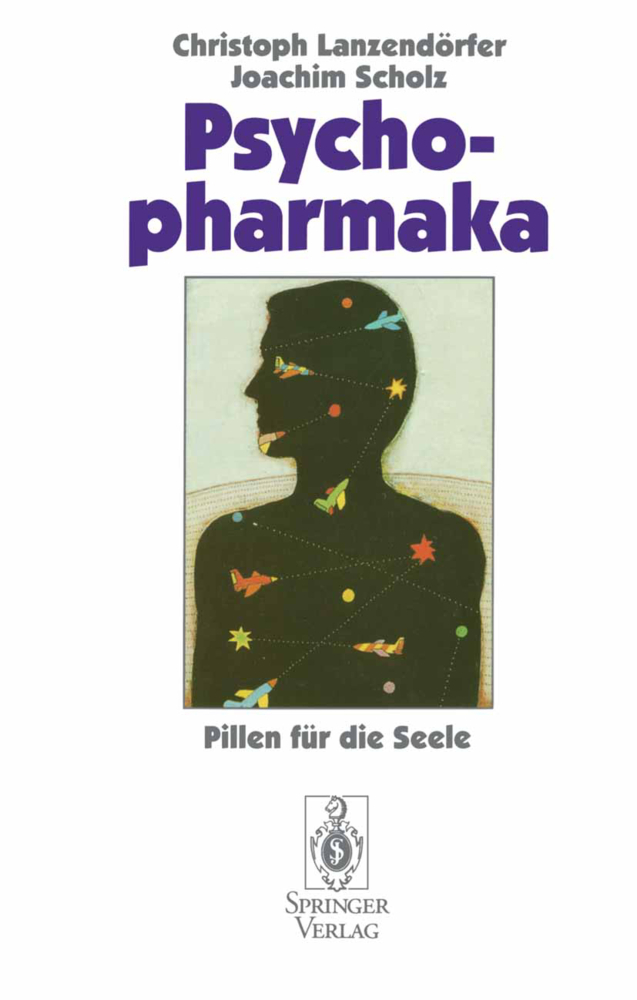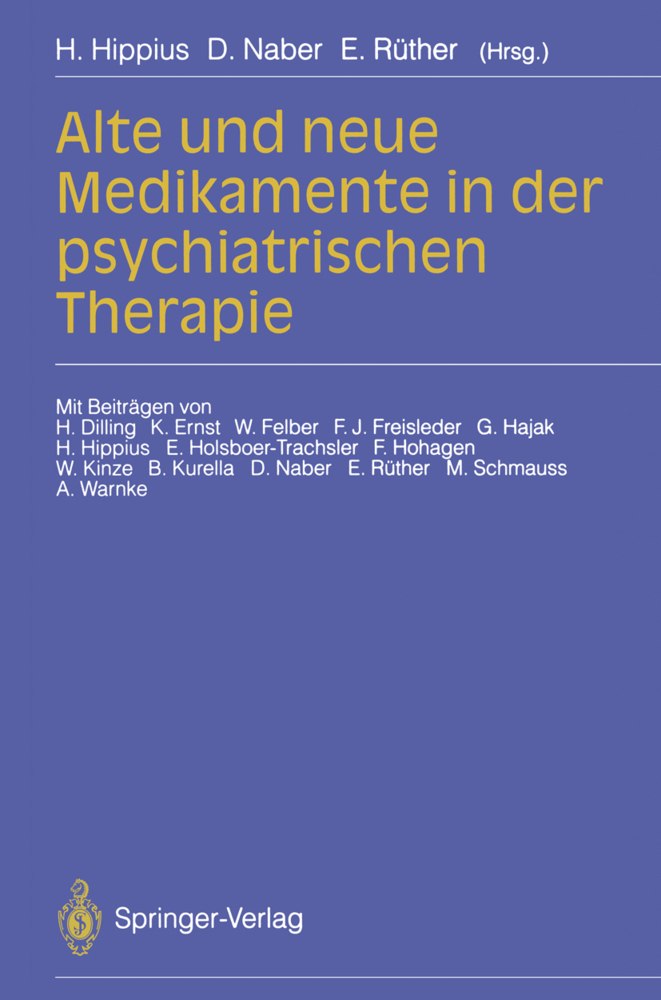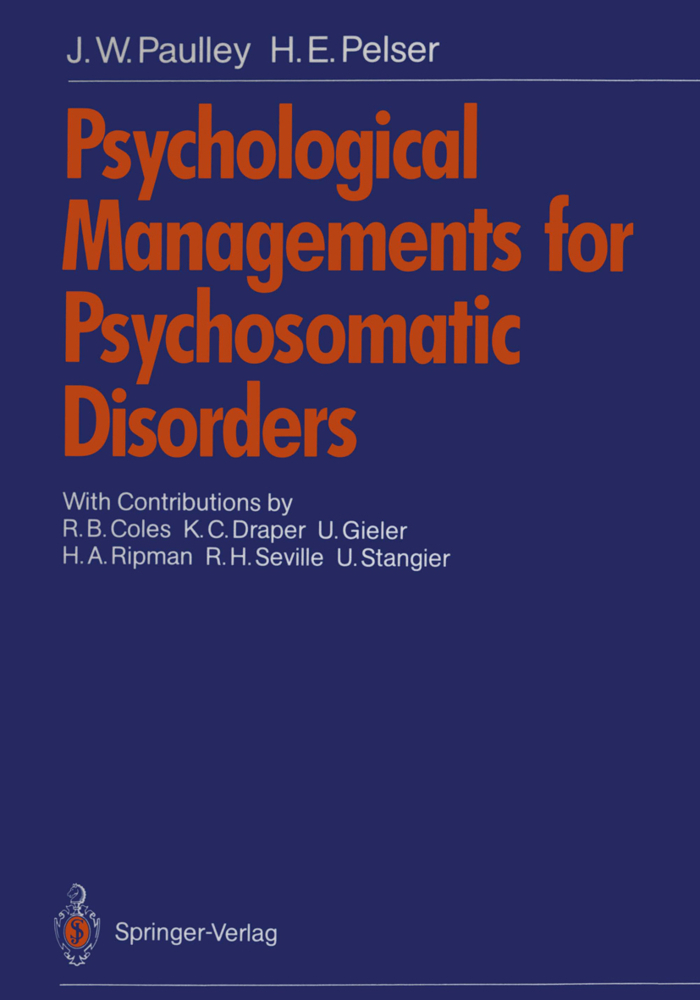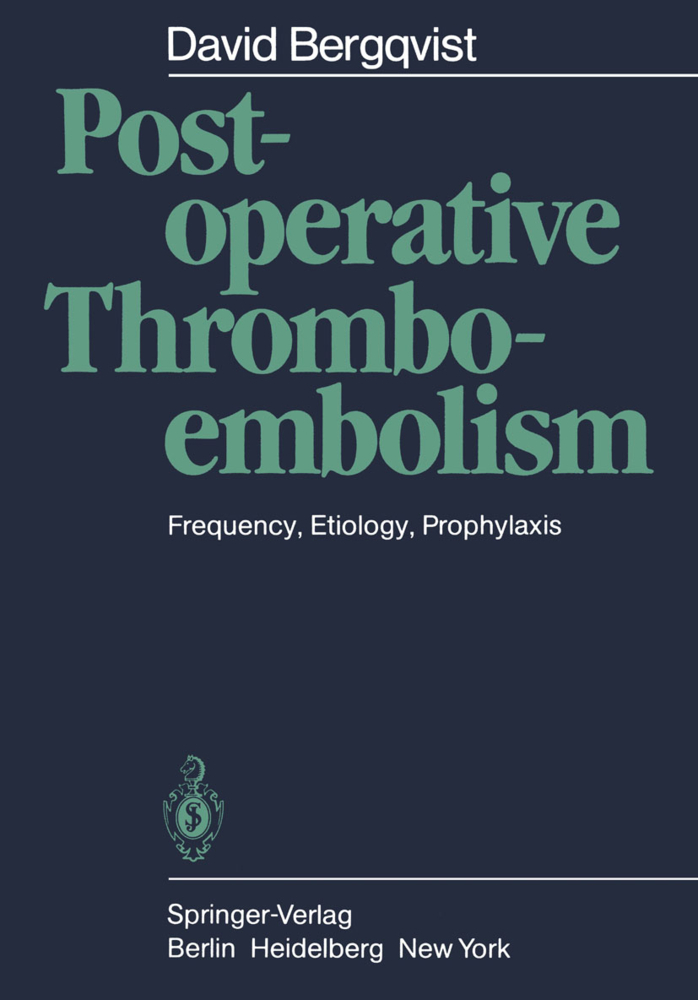The Effect of Repeated Electroshock on Learning in Depressives
The Effect of Repeated Electroshock on Learning in Depressives
Although clinical observations abound, substantiated evidence concerning the effect of electroshock treatment on learning capacity, particularly in depressed patients, is scanty and experimental findings have been conflicting. The experiments reported here were accordingly conducted as a pilot investiga tion, visual learning tests involving spatial relations being used to examine in depressed patients: - (a) The extent to which a single electroshock (ES) impairs learning capacity, and the amount of its restoration 30 min, four hours and twenty-eight hours after shock. (b) The effect of repeated shocks (EOT) on learning capacity. (c) The relationship between possibly influential factors and changes in learn ing performance. (d) The extent of personality change recorded by "expressive movement" scores after three shocks. Before the experiments, extensive testing was carried out to determine the most suitable testing times. Important points emerging from an initial experiment were re-investigated with a more appropriate test. Finally, certain scores of expres sive movement derived from a greatly improved scoring system were used to assess personality changes resulting from electroshock.
1. The course of psychological disturbances after a single shock
2. Clinical evidence of memory disturbance as a function of number of shocks
3. Recovery of learning capacity after a single electroshock
4. Learning performance as a function of repeated shocks
5. The electroencephalogram during shock treatment
C. Conditions of experiment
1. Subjects
2. Diagnosis
3. Electroshock apparatus
4 Administration of shocks
5. Learning stimuli
6. Test procedure in experiments I and V (easy and difficult task)
7. Scoring and reliability of scoring
8. Schedule of tests in experiments I and V
9. Ratings of depression
10. Synopsis of experiments performed
11. Discussion and definition of scores analysed
D. Results
1. Experiment I: Recovery of learning capacity after a single shock (easy learning task)
2. Experiment II: Effect of drugs in combination with treatment
3. Experiment III: Relationship of intelligence to immediate postshock impairment
4. Experiment IV: The role of perception in immediate postshock impairment
5. Correlations of other factors with impairment of learning capacity after one shock
6. Experiment V: Learning capacity as a function of repeated shocks (difficult learning task)
7. Relationship of various factors to learning changes
8. Impairment in learning capacity and the organic syndrome
9. Experiment VIa: Learning changes during the first three shocks
10. Experiment VI b: Changes in "expressive movement" scores as a result of three shocks
11. The "disintegrating" effect of electroshock
12. The progressive fixation of disintegrated learning behaviour
E. Discussion
1. Learning capacity as a function of number of shocks
2. Learning capacity inanimals as related to present problems
3. Clinical considerations regarding memory impairment
4. Difficulties in assessment and prediction of improvement in depression
5. The relationship of learning in human beings to other changes
6. Theoretical considerations
7. Suggestions for future work
F. Summary.
A. Introduction
B. Review of the literature1. The course of psychological disturbances after a single shock
2. Clinical evidence of memory disturbance as a function of number of shocks
3. Recovery of learning capacity after a single electroshock
4. Learning performance as a function of repeated shocks
5. The electroencephalogram during shock treatment
C. Conditions of experiment
1. Subjects
2. Diagnosis
3. Electroshock apparatus
4 Administration of shocks
5. Learning stimuli
6. Test procedure in experiments I and V (easy and difficult task)
7. Scoring and reliability of scoring
8. Schedule of tests in experiments I and V
9. Ratings of depression
10. Synopsis of experiments performed
11. Discussion and definition of scores analysed
D. Results
1. Experiment I: Recovery of learning capacity after a single shock (easy learning task)
2. Experiment II: Effect of drugs in combination with treatment
3. Experiment III: Relationship of intelligence to immediate postshock impairment
4. Experiment IV: The role of perception in immediate postshock impairment
5. Correlations of other factors with impairment of learning capacity after one shock
6. Experiment V: Learning capacity as a function of repeated shocks (difficult learning task)
7. Relationship of various factors to learning changes
8. Impairment in learning capacity and the organic syndrome
9. Experiment VIa: Learning changes during the first three shocks
10. Experiment VI b: Changes in "expressive movement" scores as a result of three shocks
11. The "disintegrating" effect of electroshock
12. The progressive fixation of disintegrated learning behaviour
E. Discussion
1. Learning capacity as a function of number of shocks
2. Learning capacity inanimals as related to present problems
3. Clinical considerations regarding memory impairment
4. Difficulties in assessment and prediction of improvement in depression
5. The relationship of learning in human beings to other changes
6. Theoretical considerations
7. Suggestions for future work
F. Summary.
Brengelmann, J. C.
| ISBN | 978-3-540-02447-7 |
|---|---|
| Artikelnummer | 9783540024477 |
| Medientyp | Buch |
| Copyrightjahr | 1959 |
| Verlag | Springer, Berlin |
| Umfang | V, 52 Seiten |
| Abbildungen | V, 52 p. |
| Sprache | Englisch |

